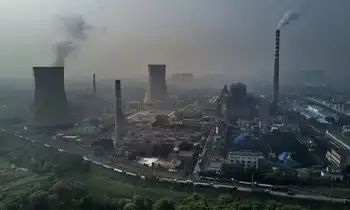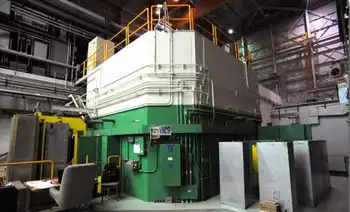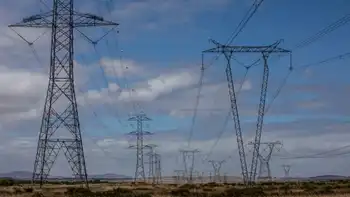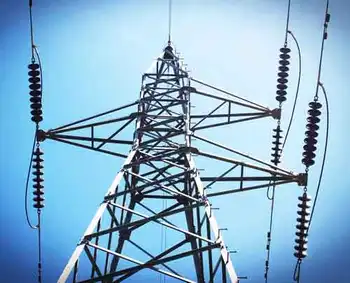U.S. Pressed to Act on Climate Change
Using unusually blunt language, several high-ranking ministers from abroad, as well as American lawmakers, said the Bush administration's resistance to a national, economy-wide carbon cap is jeopardizing the world's ability to address climate change. Administration officials said they hope the talks will help the major carbon-emitting nations set a goal for cutting greenhouse gases by the end of 2008, but several foreign climate negotiators said that approach will not avert catastrophic climate change.
Comments that include profanity or personal attacks or other inappropriate comments or material will be removed from the site. Additionally, entries that are unsigned or contain "signatures" by someone other than the actual author will be removed. Finally, we will take steps to block users who violate any of our posting standards, terms of use or privacy policies or any other policies governing this site. Please review the full rules governing commentaries and discussions. You are fully responsible for the content that you post.
Environment Minister Connie Hedegaard, a self-described "Danish conservative," said she and other European leaders "are getting a bit impatient, not on our own behalf but on behalf of the planet."
"We need the support of the U.S.," she said at a Capitol Hill briefing with Sen. Barbara Boxer (D-Calif.), chairwoman of the Environment and Public Works Committee, and other U.S. and European officials. "China, India and the other industrializing countries, they will not do anything unless the U.S. is moving."
British Prime Minister Gordon Brown's special representative for climate change, John Ashton, reinforced that theme an hour later at a meeting downtown before the United Nations Foundation, saying he and others would judge the administration's talks by whether they produce a concrete commitment rather than another voluntary pledge.
"The question on the mind of everybody heading into those meetings... will be, 'How serious is this? Is this talking about talking, or deciding about doing?' " he told the audience, echoing a phrase that California Gov. Arnold Schwarzenegger (R) used at the United Nations recently. "The word 'voluntary' means what you can do without heavy lifting."
Kristen Hellmer, spokeswoman for the White House Council on Environmental Quality, said in an interview that the president does not object to other countries committing themselves to mandatory curbs on carbon emissions but rejects that strategy for the United States.
"These national strategies can certainly include whatever those countries feel is appropriate for their country," Hellmer said, adding that Bush prefers a "portfolio" of approaches that includes higher efficiency standards for appliances and the use of alternative fuels.
Several U.S. lawmakers also called on Bush to embrace a mandatory cap-and-trade system to cut greenhouse gases, though they acknowledged that the president has given no indication that he would sign such a bill.
Sen. Joseph I. Lieberman (I-Conn.), who spoke today on global warming, told the Washington Sustainability Forum that the president has not gone far enough to make the summit a success.
"Until he embraces a program that mandates specific cuts in U.S. greenhouse gas emissions, the leadership role that President Bush is reaching for by convening this important meeting will elude his grasp," Lieberman said in an advance text provided to The Washington Post.
Related News

Global use of coal-fired electricity set for biggest fall this year
LONDON - The world’s use of coal-fired electricity is on track for its biggest annual fall on record this year after more than four decades of near-uninterrupted growth that has stoked the global climate crisis.
Data shows that coal-fired electricity is expected to fall by 3% in 2019, or more than the combined coal generation in Germany, Spain and the UK last year and could help stall the world’s rising carbon emissions this year.
The steepest global slump on record is likely to emerge in 2019 as India’s reliance on coal power falls for the first time in at least three decades…





